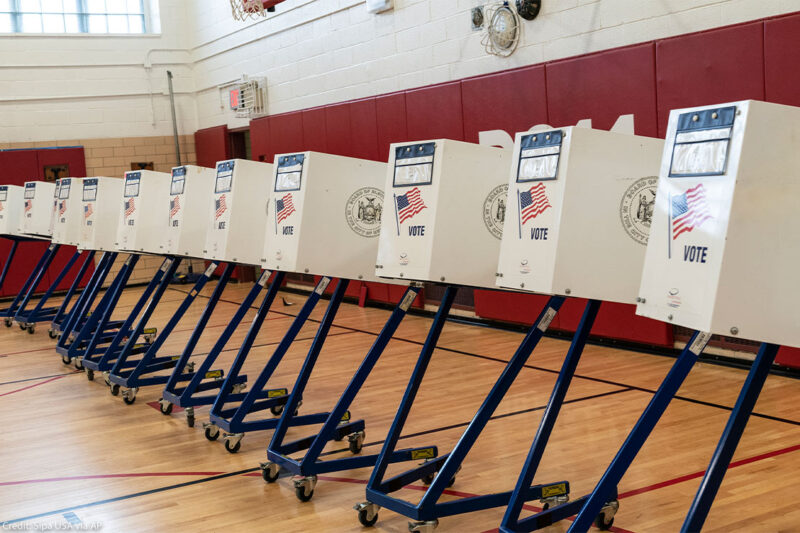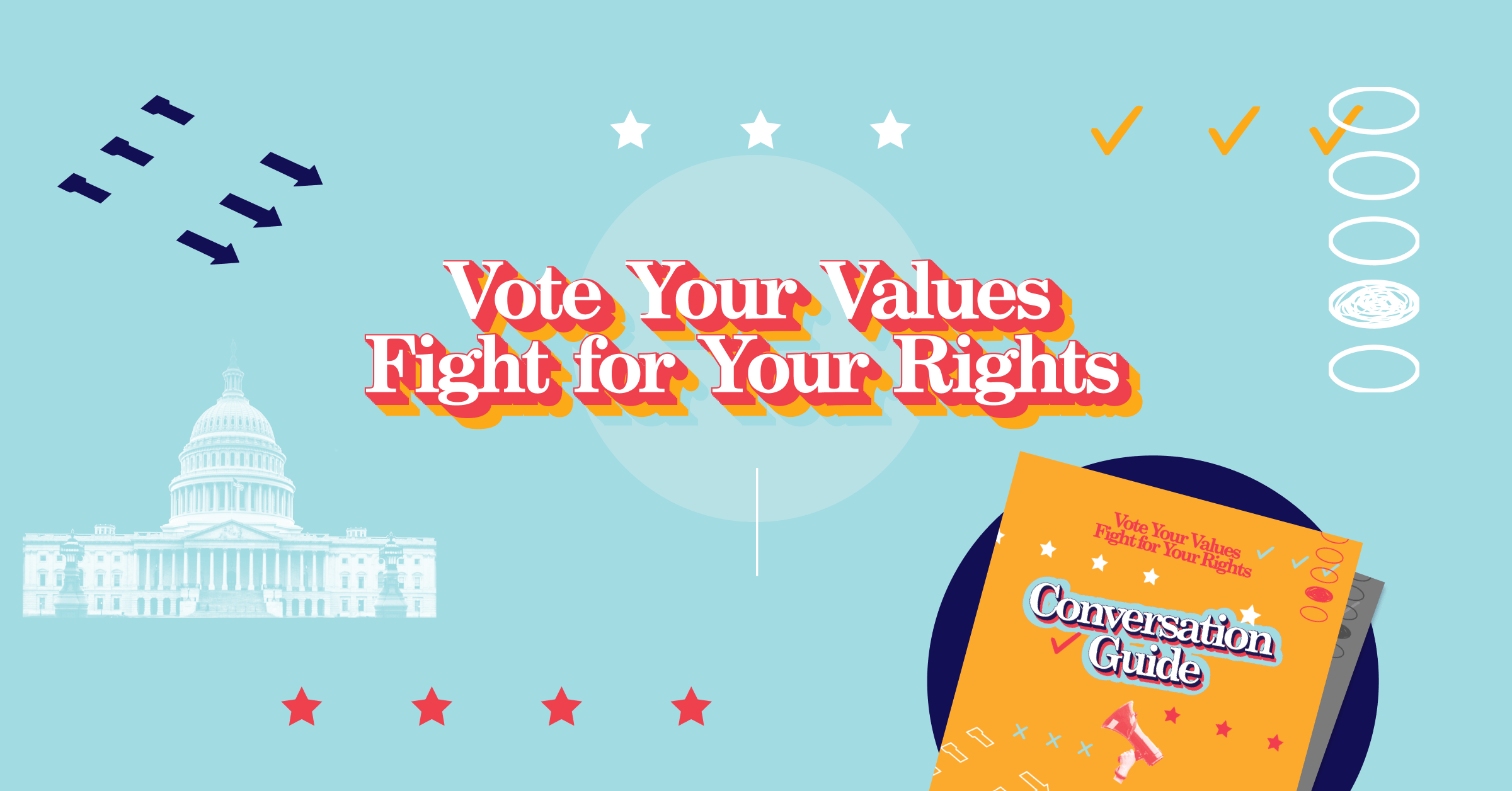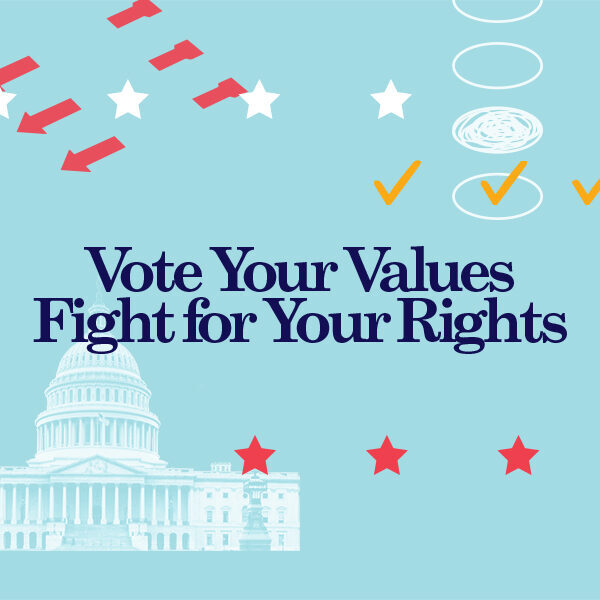A Look at History: Civil Liberties Are on the Ballot


There are many offices up for election across the nation this November. Whether it’s for a district attorney in your town or a governor’s race in your state, we want to give you the tools to vote your values and have informed conversations with your friends and families. Elections take place once every few years, and every single one can have lasting effects on our rights, liberties, and democracy.
There should be no doubt that throughout American history, elections can sometimes lead to the rollback of all of our civil rights. That’s why it’s important to vote for your values and fight for your rights this November.

Vote Your Values
This election, join us by pledging to vote for your values, and fight for your rights by encouraging your friends and family to do the same.
Source: American Civil Liberties Union
The Election of 1968 – President Nixon wins and ushers in an era of mass incarceration.
Shortly after Nixon was elected in 1968, his administration declared a war on drugs, a radical approach focused on harsher enforcement and penalties for drug-related offenses that disproportionately targeted Black communities. The campaign was a racist response to the civil rights movement of the 1960s.
Presidents after Nixon have continued its harsh and racist logic, including Presidents Reagan and Clinton. And these harmful federal policies were adopted by lawmakers and prosecutors at the state and local levels.
Drug war policies such as mandatory minimum sentences, especially for minor drug-related offenses, and sentencing disparities for powder vs. crack cocaine, helped make the United States the world’s infamous leader in mass incarceration.
The war on drugs has had profound effects on the criminal legal system, American politics, and the lives of Black communities and other communities of color. Since 1970, our incarcerated population has increased by 500 percent — 2 million people are in jail or prison today. One out of every three Black boys born today can expect to go to prison in his lifetime, as can one of every six Latino boys — compared to one of every 17 white boys.
The war on drugs has also doubled the number of women who are incarcerated, with Black women representing 30 percent of all incarcerated women and Latina women representing 16 percent. As a result, 1.5 million children have incarcerated parents.
The Election of 2000 - President George W. Bush is elected and launches the “war on terror” in response to 9/11.
Following the election of President Bush and the tragic attacks of 9/11, President Bush launched an all-out attack on human rights and civil liberties. Bush’s actions launched an era defined by excessive claims of executive power that weakened our system of checks and balances and democratic accountability. Most consequentially for human lives and rights, the Bush administration engaged in systemic torture, indefinite detention at Guantánamo and elsewhere, warrantless mass surveillance, biased and unfair watch listing, and discriminatory profiling of Muslim, Brown, and Black communities in the United States.
President Bush’s legacy is one our country — and the people around the world whose lives his administration blighted — still grapples with today.
The Election of 2016 – One of the most lawless administrations is ushered in with President Donald J. Trump.
The moment President Trump was elected set in motion endless attacks on civil rights and liberties. President Trump was one of most lawless presidents in modern history. From his nomination of Supreme Court justices who rolled back the federal right to abortion secured in Roe v. Wade, to the Muslim ban executive order that discriminated against people from Muslim-majority countries, his administration led a dangerous rollback of our rights and liberties, many of which are still being felt today. The ACLU filed 400 legal actions against the Trump administration.


